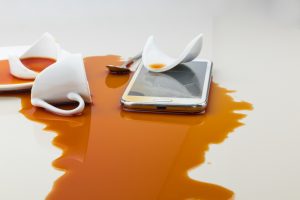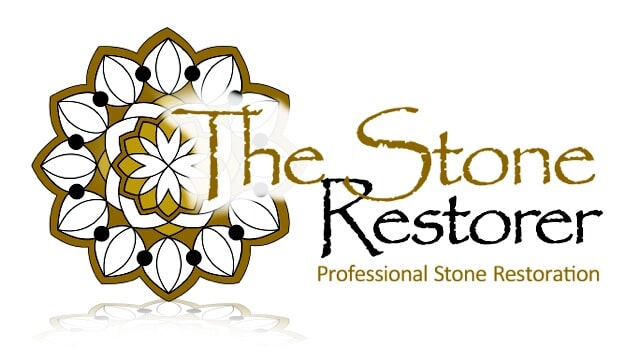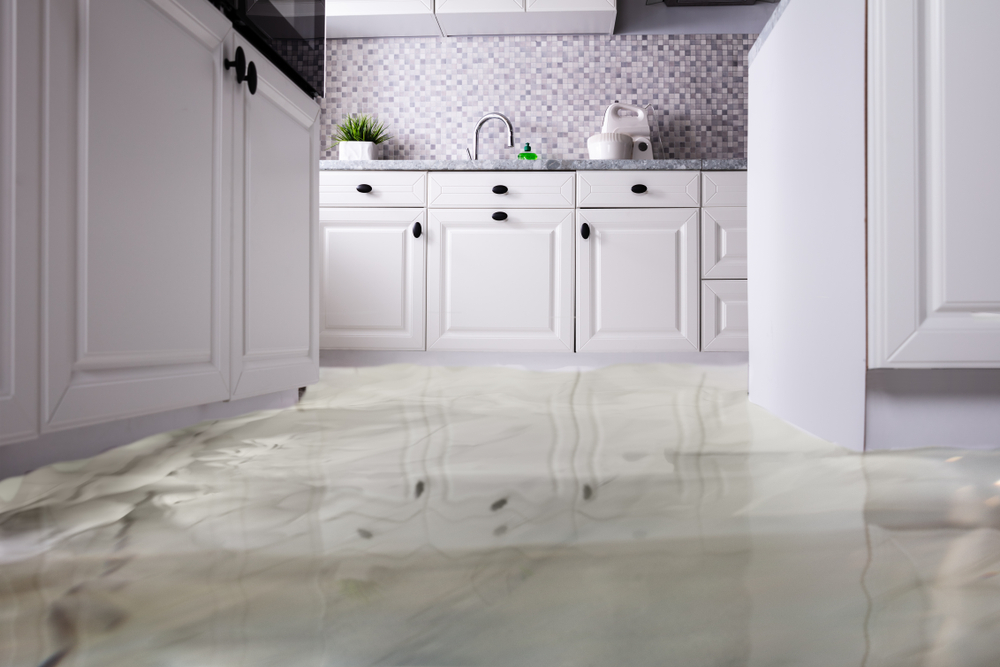Any home can gain value by installing elegant, long-lasting natural granite tiles as flooring. On the other hand, stains on natural granite tiles can be unsightly and challenging to remove without harming the surface. In this blog post, we’ll discuss some efficient hints and techniques for cleaning stains off of tiles made of natural granite. Learn how to restore your granite tiles to their original beauty after a red wine spill or an oil stain by reading on.
How To Remove Different Stains
The durability and resistance to stains and scratches of granite make it a popular choice for flooring. If spills are ignored for too long, even granite can become stained. The good news is that the majority of stains on natural granite tiles can be eliminated with the appropriate caring methods. The following list of typical stains and instructions for removing them may come in handy:
- Oil-based stains: These include cooking oils, butter, and greasy food spills. To remove oil-based stains, mix baking soda and water to make a paste and apply it to the stain. Let the paste sit for a few hours or overnight, then rinse with warm water and a mild detergent.
- Water-based stains: These include coffee, tea, and juice spills. To remove water-based stains, use a mixture of water and vinegar or lemon juice. Apply the solution to the stain and let it sit for a few minutes before wiping with a clean, damp cloth.
- Rust stains: These can occur when metal objects are left on the surface of the granite for too long. To remove rust stains, use a rust remover specifically designed for natural stone. Follow the instructions carefully and rinse thoroughly with water.
- Ink stains: These can occur from markers or pens left on the granite. To remove ink stains, apply a poultice made of baking soda and water to the stain and let it sit for several hours or overnight. Rinse with warm water and a mild detergent.
- Organic stains: These include stains from plants or fruits. To remove organic stains, mix hydrogen peroxide and ammonia to make a paste and apply it to the stain. Let the paste sit for a few minutes before wiping it away with a damp cloth.
It’s important to note that different types of stains require different techniques to remove them. If you’re not sure what type of stain you’re dealing with, it’s best to consult a professional to avoid causing further damage to your natural granite tiles.
Preventing Stains On Natural Granite Tiles
Preventing stains on natural granite tiles is always better than having to deal with them later. By following these preventative measures, you can help to keep your natural granite tiles looking beautiful for years to come. Here are some tips to help you avoid staining your beautiful natural granite tiles:
- Seal your granite tiles regularly: Granite is porous, so sealing the surface helps to prevent liquids from penetrating and staining the stone. A good quality sealant will help to protect your granite tiles and keep them looking like new.
- Clean up spills immediately: Any spills should be wiped up as soon as possible. If liquids are allowed to sit on the surface of the granite, they can penetrate and leave stains. Use a clean, damp cloth to wipe up spills, and then dry the area with a dry cloth.
- Use coasters: Using coasters for drinks and other items that may stain your granite tiles is a great way to prevent stains. Place coasters under glasses, bottles, and other containers to protect your tiles.
- Avoid acidic cleaners: Acidic cleaners, such as vinegar, lemon juice, or citrus-based cleaning products, can damage the surface of your granite tiles and make them more susceptible to staining. Use a mild, pH-neutral cleaner instead.

Common Mistakes To Avoid When Removing Stains From Natural Granite Tile
When it comes to removing stains from natural granite tiles, there are certain mistakes that people tend to make that can actually worsen the situation. Here are some common mistakes that you should avoid:
- Using harsh chemicals: While it may be tempting to use strong chemicals to remove stubborn stains, this can actually cause more harm than good. Harsh chemicals can damage the surface of your natural granite tiles, leading to etching, discolouration, and other problems.
- Using abrasive cleaning tools: Scrubbing your natural granite tiles with abrasive cleaning tools such as steel wool or rough sponges can cause scratches and other damage to the surface. Instead, use a soft cloth or a gentle brush to clean the tiles.
- Ignoring spills: It’s important to clean up spills as soon as they happen, rather than letting them sit and stain the surface of your natural granite tiles. Even something as innocuous as water can cause damage over time if it’s not cleaned up promptly.
- Not testing cleaning products first: Before using any cleaning product on your natural granite tiles, it’s important to test it on a small, inconspicuous area first. This will help you avoid any potential damage or discolouration that could result from using the wrong product.
By avoiding these common mistakes, you can help ensure that your natural granite tiles stay in top condition for years to come. If you’re ever unsure about how to clean or remove stains from your tiles, it’s always best to consult with a professional who can provide expert advice and guidance.
Final Thoughts
Removing stains from natural granite tiles can be a daunting task, but it’s possible with the right techniques and tools. Remember to act quickly, avoid common mistakes, and take preventative measures to keep your tiles looking pristine. If you’re unsure about tackling a stain yourself, or if you have a particularly stubborn stain, it’s always best to consult with a professional.
The Stone Restorer offers professional granite cleaning and restoration services that can help bring your tiles back to their original beauty. Don’t hesitate to reach out for assistance and keep your granite tiles looking like new for years to come.
Give us a call today at 0414 469 301 or ask us for a fast free quote on your tile cleaning or restoration project.






